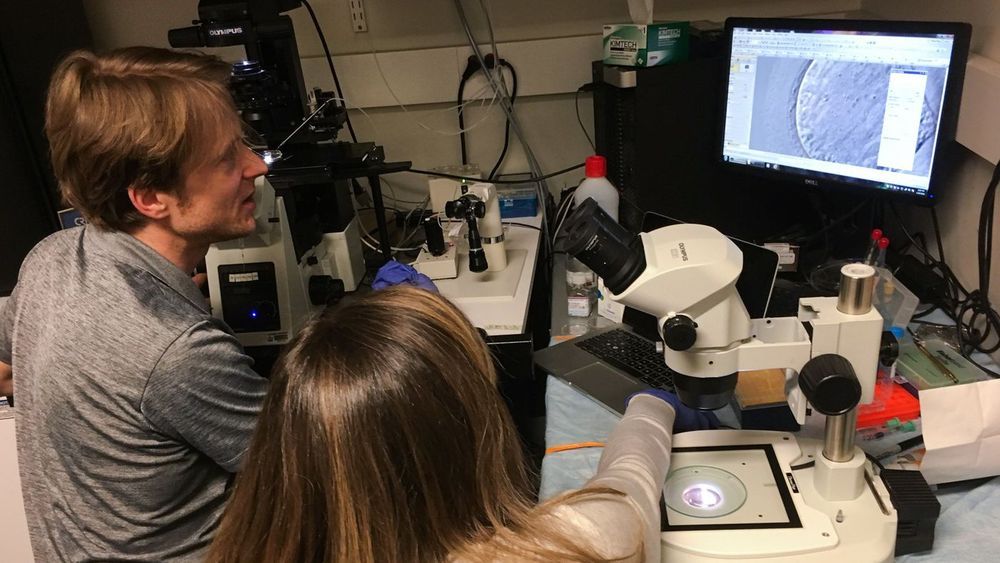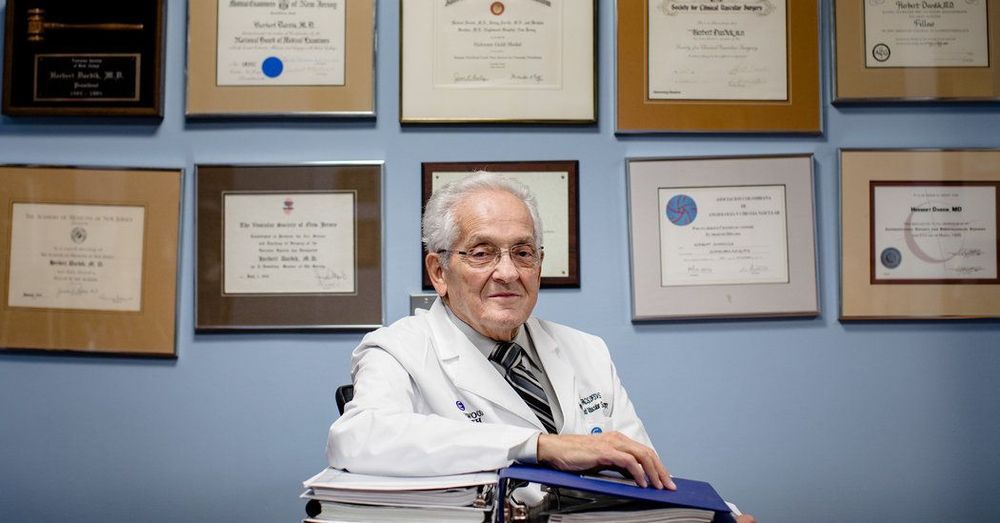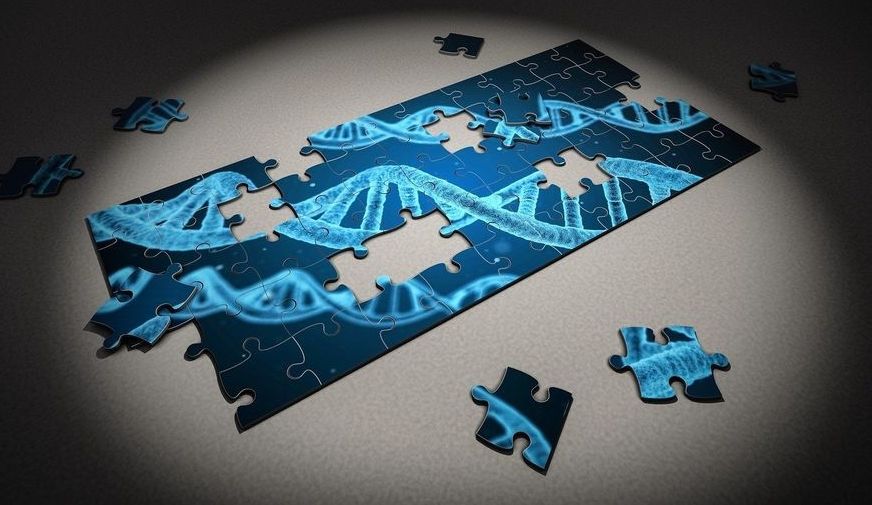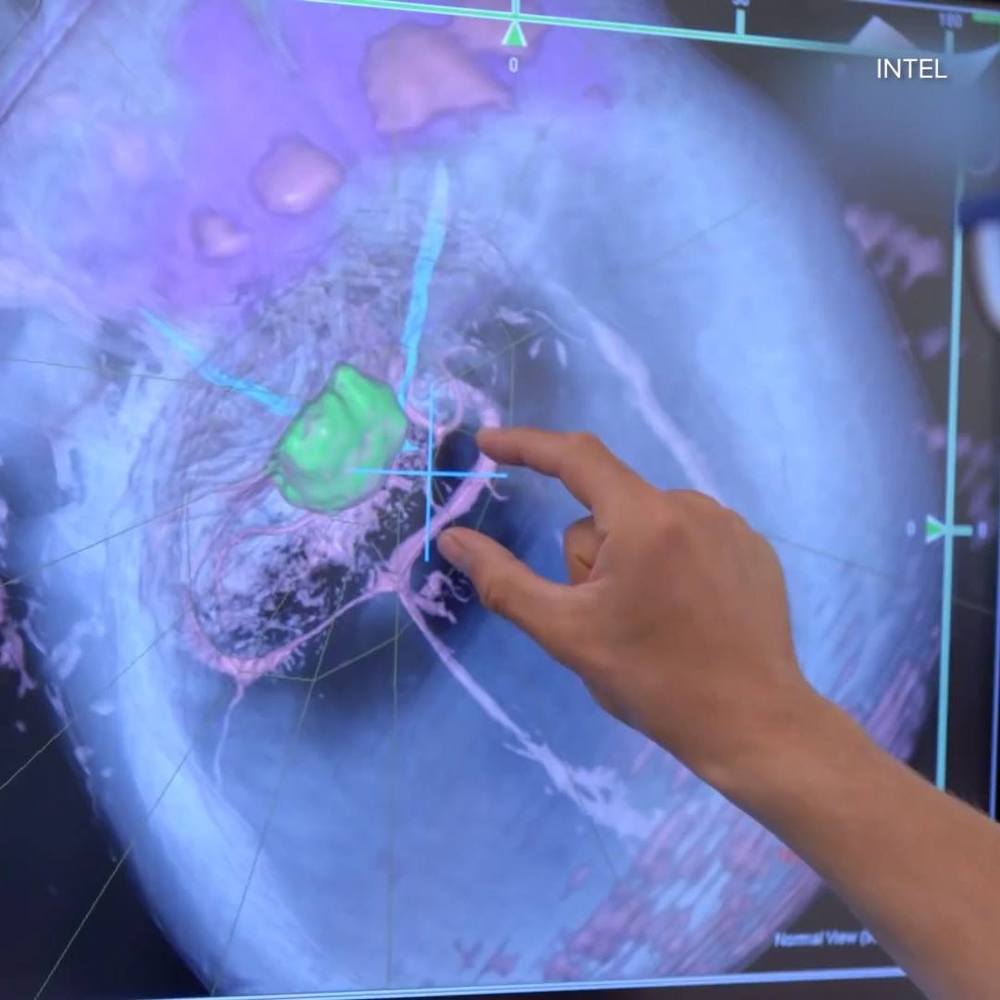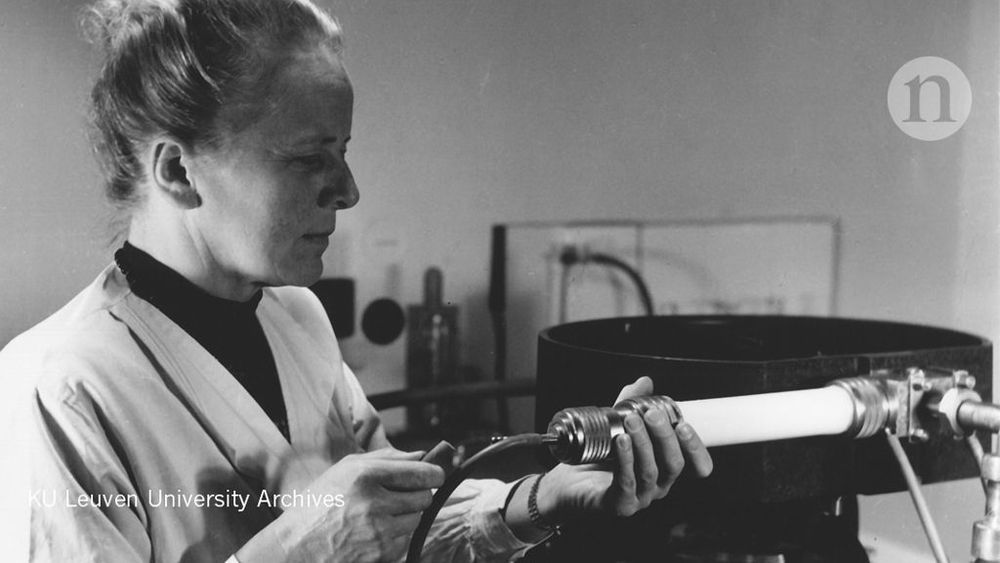Page 9153
Feb 1, 2019
In new Starship details, Musk reveals a more practical approach
Posted by Genevieve Klien in categories: business, space travel
For example, Musk said, “Initially making one 200 metric ton thrust engine common across ship & booster to reach the Moon as fast as possible. Next versions will split to vacuum-optimized (380+ sec Isp) & sea-level thrust optimized (~250 ton).”
This comment is notable for a couple of reasons. First of all, the company appears to have decided to streamline the Raptor engine to a single design that will power both the rocket at liftoff, and the spaceship in the upper atmosphere and outer space. It will take less time to develop, test, and qualify a single engine. It will also cost less money.
Additionally, Musk notes that the goal is “to reach the Moon as fast as possible.” The company still appears to be focused on lunar orbital flights, such as the #dearMoon project for Japanese businessman Yusaku Maezawa, as the first missions for Starship.
Continue reading “In new Starship details, Musk reveals a more practical approach” »
Feb 1, 2019
When Is the Surgeon Too Old to Operate?
Posted by Genevieve Klien in category: biotech/medical
A handful of hospitals have instituted mandatory screening procedures for medical professionals over 70. Many have been unenthusiastic about the idea.
Feb 1, 2019
Watch a Super-Fast 3D Printer Scientists Call the “Replicator”
Posted by Shane Hinshaw in category: 3D printing
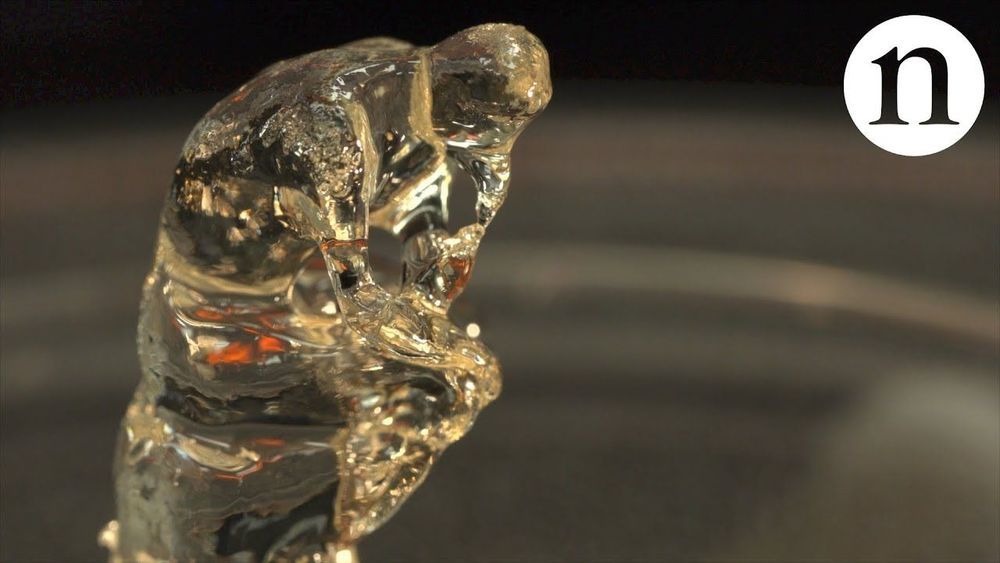
It prints using light.
3D printers work by laboriously printing objects layer by layer. For larger objects, that process can take hours or even days.
Continue reading “Watch a Super-Fast 3D Printer Scientists Call the ‘Replicator’” »
Feb 1, 2019
Astronomers Accidentally Discover a Hidden Galaxy Right Next Door
Posted by Genevieve Klien in category: space
While inspecting a known globular cluster, a team of astronomers began to notice that some of its stars didn’t seem to belong. Investigating further, they realized the anomalous stars were part of a nearby galaxy—one previously unknown to us.
Science works in mysterious ways.
One moment you’re investigating a globular cluster, and the next you’re unexpectedly writing a research paper about something else entirely, namely the discovery of previously unknown dwarf spheroidal galaxy. But that’s how it goes sometimes, and the authors of the new study, published this week in the Monthly Notices of the Royal Astronomical Society, couldn’t be happier.
Continue reading “Astronomers Accidentally Discover a Hidden Galaxy Right Next Door” »
Feb 1, 2019
Exploring the dark side of the genome
Posted by Xavier Rosseel in categories: biotech/medical, genetics, supercomputing
Dr. Rico explained: “When we compare human genomes from different people, we see that they are way more different than we initially expected when the Human Genome Project was declared to be ”completed” in 2003. One of the main contributions to these differences are the so called Copy Number Variable (CNV) regions. CNV regions are in different copy number depending on each individual, and their variability can be greater in some human populations than others. The number of copies of CNV regions can contribute to both normal phenotypic variability in the populations and susceptibility to certain diseases.
Research has shown a direct relationship between mutations in introns and variability in human populations.
One of the greatest challenges of genomics is to reveal what role the ”dark side” of the human genome plays: those regions where it has not yet been possible to find specific functions. The role that introns play within that immense part of the genome is especially mysterious. The introns, which represent almost half the size of the human genome, are constitutive parts of genes that alternate with regions that code for proteins, called exons.
Feb 1, 2019
This tech is making brain surgery safer
Posted by Shailesh Prasad in categories: biotech/medical, neuroscience
Brought to you by Nicola Bagalà, the Rejuvenation Roundup is our monthly digest, which takes a look at the big news stories involving the industry and helps keep you informed of current developments in the aging research field.
Welcome to the first Rejuvenation Roundup of the new year! There is quite a bit of news to go through and upcoming events to look forward to, so get comfortable and let’s get started.
LEAF News
Feb 1, 2019
Google invented the AI version of a Hallmark card
Posted by Genevieve Klien in category: robotics/AI
Feb 1, 2019
Celebrate the women behind the periodic table
Posted by James Christian Smith in category: chemistry
#HiddenFigures #Friday Here we spotlight some of the women who revolutionized our understanding of the elements. Marie Curie is the most celebrated, for her double Nobel-prizewinning research on radioactivity and for discovering polonium and radium. Stories of other women’s roles are scarce. So, too, is an appreciation of the skills required, including tenacity and diligence in performing experiments, sifting through data and reassessing theories.
Brigitte Van Tiggelen and Annette Lykknes spotlight female researchers who discovered elements and their properties.
